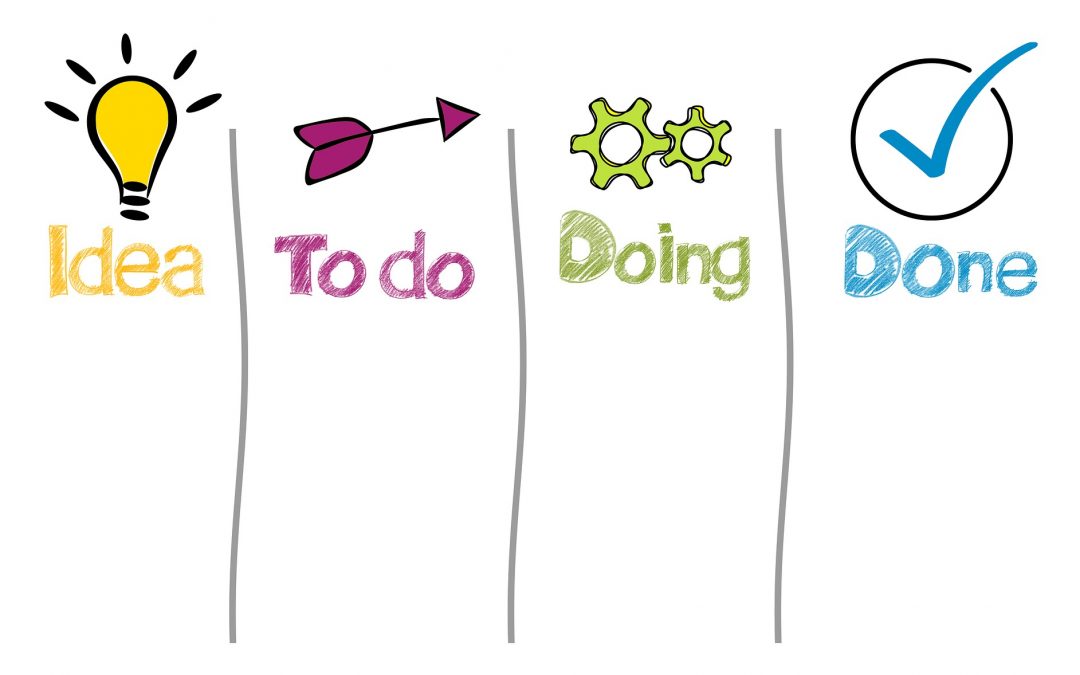Washington State Celebrates the Official Start of the First Statewide, Comprehensive Drug Take-Back Program Operated by the Pharmaceutical Industry!
A fitting subtitle is “good things come to those who organize and persist”. It took many years of educating, advocating, and organizing to turn the vision of pharmaceutical stewardship into an operating drug take-back program that provides secure and environmentally responsible disposal of unneeded medicines for all residents of Washington State.
On November 21, 2020, an approved drug take-back program operated by MED-Project officially launched across Washington State. As required by the state law, MED-Project’s program accepts prescription and over-the-counter medicines, including controlled substances like Oxycontin or Percocet. Secure drop boxes are available in cities and towns at pharmacies, clinics, hospitals, and law enforcement stations. Prepaid return mailers can also be requested by residents and will be distributed by participating pharmacies. All of these services are paid for and coordinated by the medicine manufacturers themselves who collectively finance the program. Washington State’s Department of Health oversees the program operations to ensure safety and compliance with the law’s performance standards.
The long path to this success was built by a broad and diverse coalition of supporting organizations who joined forces, across the spectrum of substance abuse and suicide prevention, healthcare, public health, pharmacies and retailers, environmental protection, law enforcement, water quality agencies, and local governments. The breadth of the proponents is shown on this handout: Supporters of the WA Secure Drug Take-Back Act.
Key steps to cracking the pharmaceutical industry’s opposition to this common sense approach was the steady passage of drug take-back ordinances by local Boards of Health. In all, regulations were enacted in seven Washington counties before the state-level law took effect . The success of these local programs in providing more convenient services to residents helped convince state legislators that action was needed in all communities across the state.
Washington’s law is a great model for drug take-back legislation due to its strong standards and clear requirements for the pharmaceutical industry’s program. The law’s standards ensure that the program meets community needs for convenient access to drop boxes and mail-back services, for security and safety, and for education and promotion. Drug manufacturers have flexibility in how they design and operate their drug take-back program(s) to meet the law’s requirements.
For those wanting more detail, please follow these links to program information, policy details, and more background:
- MED-Project Program Site for Washington State the main program website for residents to find drop box locations or request prepaid mailers.
- Policy overview of the WA Secure Drug Take-Back Act this webpage delves into the policy details of WA’s groundbreaking law, providing a number of summaries including this 1-page Brief Policy Overview.
- WA Dept. of Health Safe Medication Return Program website as the oversight agency, the WA Dept. of Health has more program information and links on this site.
- NACO County News article “County policies drove Washington drug take-back law” a 2018 article explaining how passing local ordinances in seven WA counties served as proof-of-concept for the pharmaceutical stewardship model.
- All MED-Project locations take a look at all the locations in CA, MA, and WA where pharmaceutical manufacturers are complying with local and state laws to provide drug take-back services. MED-Project is serving as a stewardship organization working on behalf of roughly 400 pharmaceutical manufacturers.
What’s next for pharmaceutical stewardship policies to meet community needs for drug take-back services?
- For the next program launch, look to Oregon which is reviewing program plans submitted by manufacturers under a law very similar to Washington’s enacted in 2019. OR DEQ Drug Take-Back Program website
- Keep an eye on California as it wraps up rule-making and begins implementation of its 2018 Pharmaceutical and Sharps Waste Stewardship Law. CalRecycle’s Regulatory website.
- Watch similar legislation in other states and look for more states to adopt this successful policy approach to better protect public health and our environment.
About the author: Margaret Shield has worked extensively on pharmaceutical stewardship policies at the state and local levels, as well as on federal regulations on pharmaceutical waste disposal. Margaret was grateful to play a leading role in policy development and coalition coordination in the campaign to pass the WA Secure Drug Take-Back Act. She also consulted on policy development of the Oregon Safe Drug Disposal law and is consulting with other states. Learn more on the Safer Meds webpage.

Recent Comments